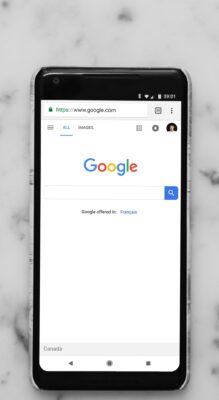These assistive technologies can help people living with deafblindness to experience the world in a more accessible way.
Nonvisual Desktop Access (NVDA)
NVDA is a free screen reader available in over 50 different languages and supports many refreshable braille displays.
INCPart Services
INCPart Services empower people with visual and hearing impairments by making assistive products and services easily available at affordable prices.
RoboBraille
RoboBraille is a service for both web and phone which allows users to easily convert documents into a variety of alternate formats intended for blind or visually impaired individuals
Immersive Reader
Immersive Reader is a free, built-in tool for many Microsoft applications, such as Word, Teams, Outlook and even Minecraft. The tool is meant to aid people with reading or language difficulty, helping them process on-screen text.
Find other assistive technology available in:
Accessibility statement
In some places on our website, we signpost to third party websites and applications that provide useful information and advice to our users. We cannot guarantee that that these third-party websites and applications are fully accessible and comply with the WCAG 2.2.
Where possible we strive to work with these third parties to make the changes needed to conform to the WCAG 2.2 and improve their accessibility. Read our full accessibility statement.
